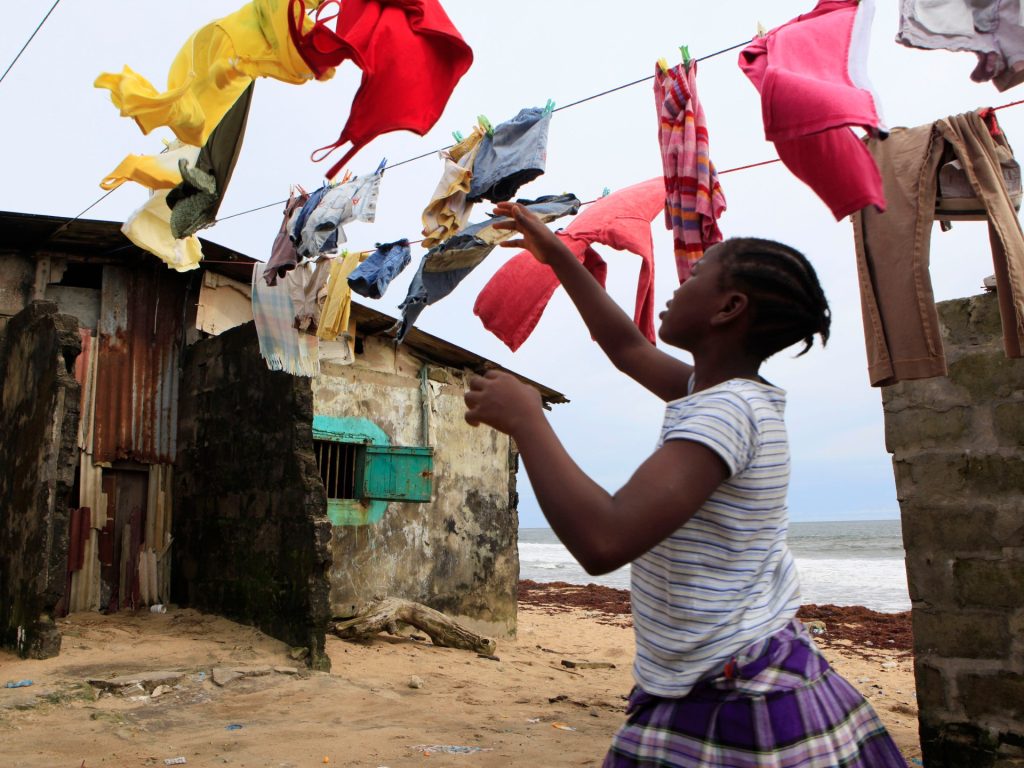In 2022, the National Council of Chiefs and Elders of Liberia (NACCEL) announced a three-year moratorium on female genital mutilation (FGM). A year later, the council made another proclamation to ban FGM and then held ceremonies to end the practice in five of the 11 counties where FGM is practised.
However, despite the ban, there have been continuing reports of FGM activity. In September 2024, the National Coalition Against Harmful Practices (NACAPH), a coalition of civil society actors, released a statement expressing concerns about “widespread resurgence of Female Genital Mutilation activities in various regions of Liberia”. It is now clear that the measures already taken have been ineffective.
With the three-year ban having expired in February, Liberia needs to move decisively against the practice. Lawmakers must pass a law criminalising FGM, which should be accompanied by government measures to convince communities to end the practice.
FGM usually involves the partial or total removal of the external female genitalia. This practice is prevalent in Liberia as it is part of the practices of the Sande Society, a powerful, traditional, secret society, which initiates girls into adulthood in bush schools.
According to the United Nations, more than 50 percent of Liberian women between the ages of 15 and 49 have undergone the harmful procedure. However, the exact percentage is difficult to estimate because the secret nature of the Sande Society has resulted in FGM activities being largely underreported, as victims maintain a code of silence.
There have also been instances of journalists being targeted and threatened with forceful cutting due to their reporting on FGM, which has further added to the problem of underreporting.
Thus far, the fight against FGM has largely been championed by the international community and Liberia’s civil society. But the influence of the Sande Society, traditional beliefs, and patriarchy have largely prevented any attempts to take legal measures against the practice.
For example, in 2016, members of Liberia’s lawmakers removed a clause banning the practice from a proposed domestic violence bill, and in 2022, a bill banning the practice was introduced in the Liberian parliament, but it did not get enough support to pass.
Pressure to end the practice has resulted so far in interim measures only, which have been largely ineffective. In 2018, on her last day in office, President Ellen Johnson Sirleaf signed an executive order that placed a one-year ban on FGM. This was followed by a one-year ban on the practice by NACCEL in 2019, and then the 2022 three-year moratorium and the 2023 ban.
There are several problems with tasking NACCEL with the enactment and enforcement of a ban. First, a ban declared by the traditional council does not have the force of law. While the council has traditional authority and influence over the communities who engage in the practice, it remains unclear how it can hold those who breach its prohibitions accountable.
Second, some of the chiefs and elders themselves encourage FGM or are not necessarily opposed to it.
Third, entrusting the issue of FGM in the hands of NACCEL means that any action on it is based on the political will of whoever is in charge of the council at a given time.
The enactment of a law criminalising FGM can solve all of these problems. The state and its agencies have the operational capacity to supervise and enforce a legal ban throughout Liberia. Facing the prospect of punishment would also have a more powerful effect on discouraging the practice.
In addition to the law, the Liberian government should also set up a robust reporting and witness protection system to ensure FGM is adequately reported. FGM is largely a taboo topic and reporting could lead to ostracisation. Individuals who choose to inform the authorities when the law is broken should be adequately protected.
The implementation of a legal ban should also go hand-in-hand with other initiatives to fight the practice. It has to be recognised that FGM is also an economic matter, as most zoes – female chiefs who traditionally lead initiation rites for the Sande Society and perform FGM – charge for the service. Ending the practice would mean a loss of livelihood for hundreds of women.
Therefore, the government should also seek to expand programmes that provide zoes willing to leave behind the practice with training and skills so they can find alternative livelihoods.
There is also a cultural element that needs to be recognised. The Sande bush schools have been around for centuries, and they involve various other practices, rituals, and training to prepare girls for their lives as adult women. The government needs to work with communities to ensure that these schools can continue functioning without the FGM component. The NACCEL can help in this regard and with communities accepting the criminalisation of FGM.
The best time to enact a law is now, as the political will to do so is higher than it has ever been. Over the past few years, more traditional chiefs have demonstrated openness on the issue, which could influence lawmakers to vote in favour of such legislation.
Liberia remains one of the few countries where FGM is endemic that does not have a law criminalising it. This is despite the fact that it is a signatory to a number of regional and international instruments, including the Maputo Protocol, that call for the end of this harmful practice. It is time for Liberia to take action to protect its girls and fulfil its international commitments to end FGM.
The views expressed in this article are the author’s own and do not necessarily reflect Al Jazeera’s editorial stance.


